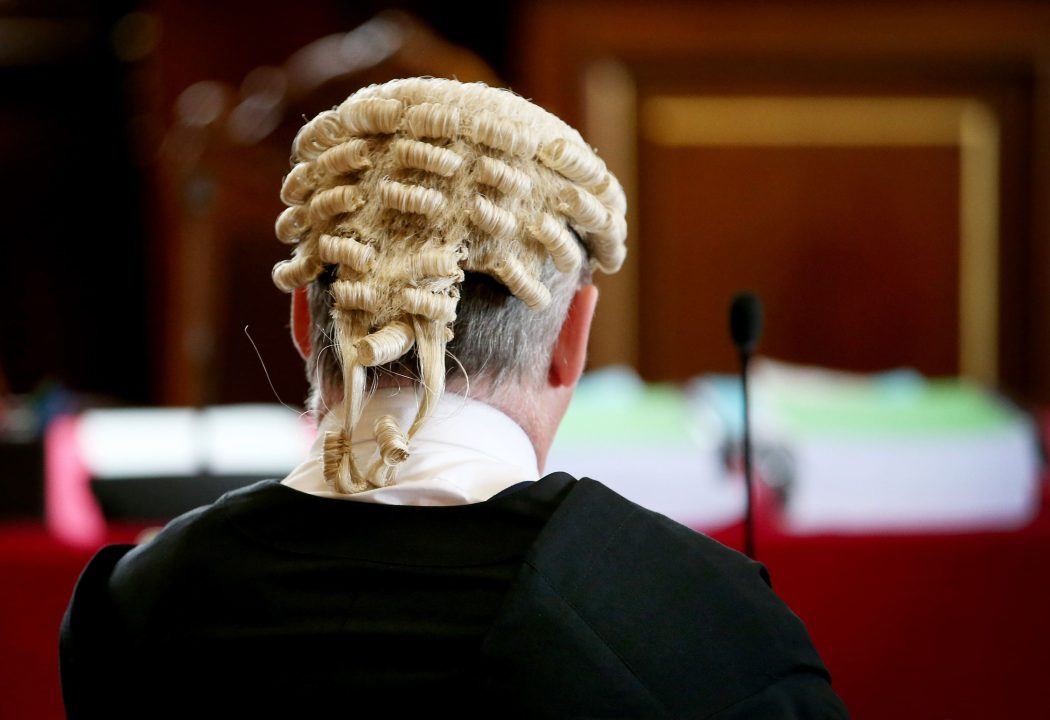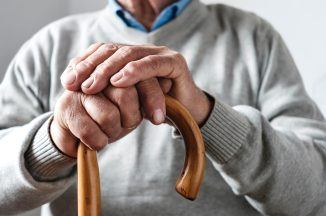“Landmark” legislation that will abolish Scotland’s unique not proven verdict is expected to be passed by Holyrood on Wednesday.
The scrapping of the third verdict, which only exists in Scotland, is one of the flagship measures in a wide-ranging justice Bill that is due to clear its final hurdle.
Currently juries in Scotland have three verdicts open to them when considering the evidence after a trial, and can find an accused person either guilty or not guilty, or that the case against them is not proven.
Like not guilty, the centuries old not proven verdict results in an accused person being acquitted.
But with it being used “disproportionately” in rape cases, campaigners against violence against women have campaigned for it to be abolished.
Victim Support Scotland also backs the change, which it says will bring “clarity of decision-making for juries, ensuring that verdicts are understood by all”.
If it is passed by MSPs on Wednesday, the Victims, Witnesses and Justice Reform (Scotland) Bill will see not proven scrapped.
But the legislation will also bring in a series of other measures to reform the justice system in Scotland.
Changes will mean that a majority of two-thirds of jurors will be needed to support a conviction, instead of currently only a simple majority of a jury.
The legislation also proposes the creation of a new, independent Victims Commissioner and will expand the ability of those affected by crime to make victim impact statements in court.
A specialist sexual offences court will also be established under the legislation, which will also give victims of such offences a lifelong right to anonymity.
Other changes will see the Parole Board required to consider if killers have provided information on the whereabouts of their victims’ remains when considering if they should be freed from prison, a move known as Suzanne’s Law after Suzanne Pilley, who was murdered in 2010 but whose killer has never revealed the location of her body.
Wednesday’s vote on the Bill comes after MSPs spent several hours debating amendments to the legislation.
Scottish Justice Secretary Angela Constance has already said that if the “landmark Bill” is passed it will “transform the experiences of victims and witnesses within Scotland’s justice system”.
She added that the changes would mean that “victims will be heard, supported, protected and treated with compassion” while at the same time the rights of the accused “will continue to be safeguarded”.
Speaking about the proposals Ms Constance said: “Key reforms include abolishing Scotland’s historic not proven verdict for a clearer, fairer and more transparent decision-making process.
“There will also be wholesale reform to the management of sexual offence cases as we know these victims in particular, who are mostly women and girls, can be re-traumatised by the current system.”
However, the Scottish Conservatives argued that “common sense changes” were needed for them to back the Bill – which they have claimed is a “a Victims’ Bill in name only” and a “wasted opportunity”.
Tories welcome the abolition of the not proven verdict, as well as an earlier decision by Scottish ministers to abandon plans to introduce judge-only trials for cases of rape and attempted rape.
But speaking before Wednesday’s final vote on the Bill, Scottish Conservatives justice spokesman Liam Kerr argued that the Scottish Government “must go further” in changing the legislation otherwise ministers will be “selling victims short”.
Follow STV News on WhatsApp
Scan the QR code on your mobile device for all the latest news from around the country




























